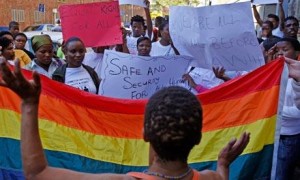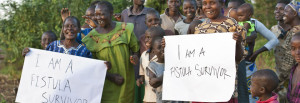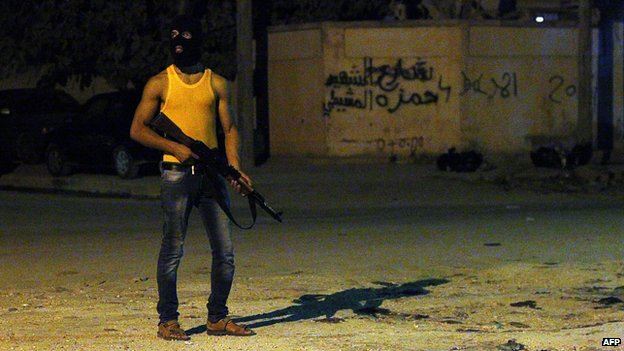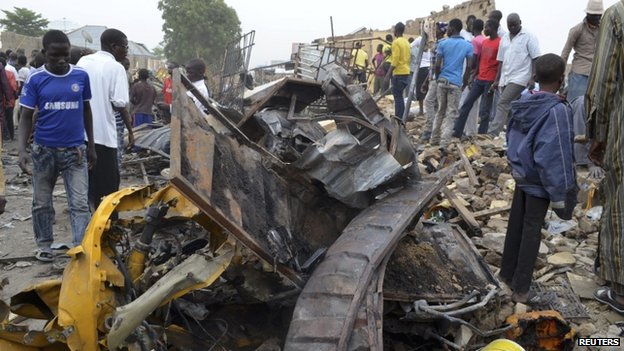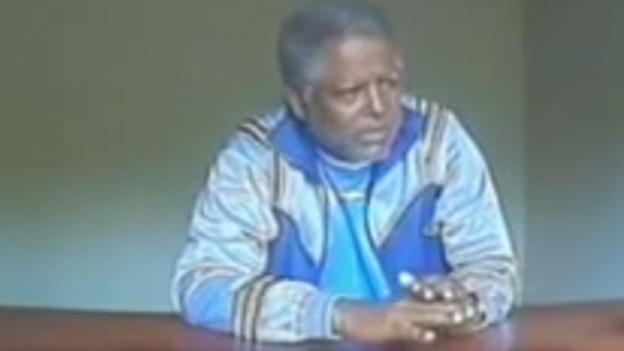By: Ashley Repp
News Desk Reporter, Africa
Africa, as a continent, is home to the strictest of anti-gay laws in the world, and as an issue of human rights, many African nations are facing backlash for their laws and called to address such violations of human rights. Activists are now calling on prominent world leaders, including President Barak Obama, to push for gay rights to be on the agenda for the African summit in Washington next week. Activists see this summit as a rare opportunity for the human rights of the African gay, lesbian, and transgender population to be discussed and supported. The LGBT community in Africa faces some of the worst discrimination, and many human rights activists demand change.
In Africa, 37 African countries have laws on the books criminalizing homosexuality. Some nations allow imprisonment of homosexual and transgender people, while some countries, including Nigeria, Mauritania, and Sudan, go so far as to allow for the killing of such individuals. And while Uganda recently removed the law allowing for the death penalty in cases dealing with gay and transgender people, it still has some of the strictest anti-gay laws. Creating a safe space for those in the LGBT community in Africa will be a difficult battle, considering how persistent some governments and communities appear to be in maintaining anti-gay laws and culture. Just last month in Nigeria, over a dozen individuals were assaulted by a mob in order to rid the community of homosexuals.
Many of the LGBT community in Africa live in constant fear of violence, harassment, and punishment. Discrimination of members of this population is rampant and permeates nearly every facet of life in many African nations. As a result of the discrimination, the LGBT community bears the burden of poverty due to unemployment or inability to find a job because of known or presumed sexual orientation, abandonment by family and community, and legal punishment. With what is effectively rejection by society, members of the African LGBT community have few options and even fewer rights.
Although Obama has already increased sanctions against Uganda for its new anti-gay laws, the summit next week will be a unique opportunity, if the chance is seized, for the leaders of the countries with the strictest anti-gay laws, to be addressed in person for the human rights issues created by anti-gay culture, law, and policy. And with tensions rising within nations between groups that support and promote the upholding of the tradition anti-gay rhetoric and culture, and those who support LGBT human rights, the time could not be more ripe for a multi-national discussion on the issue.
For more information, please visit:
Time- Advocates issue report on the dreadful state of LGBT rights in Africa, as world leaders and leading figures from the continent prepare for the US-Africa Leaders Summit- July 29, 2014
ABC News- Activists Want Gay Rights on Africa Summit Agenda- July 29, 2014
BBC News Africa- Cameroon lawyer wins award for defending gay rights- Mar 18, 2014
The Washington Post- Here are the 10 countries where homosexuality may be punished by death- Feb 24, 2014
